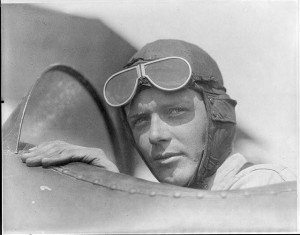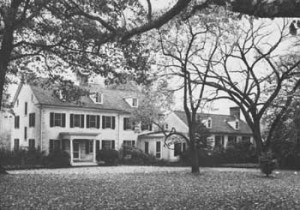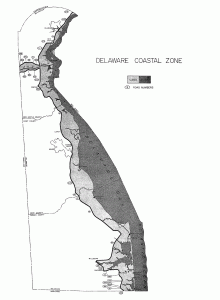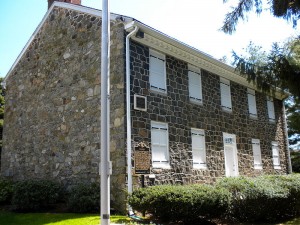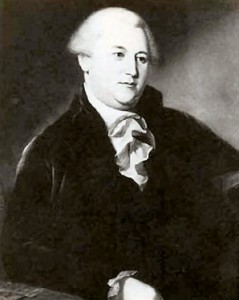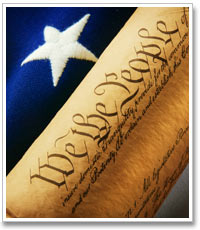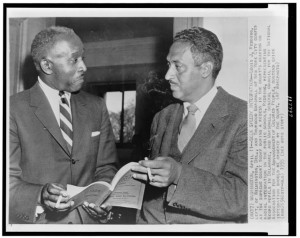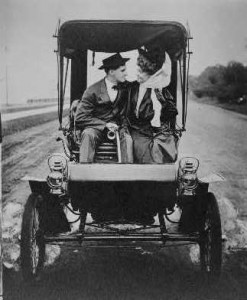
These two are on the road to an annulment
Here’s another look at the weird laws of Delaware. Another commonly cited weird law is:
In Delaware getting married on a dare is grounds for an annulment. Status: True
This is sometimes given as “In Delaware it’s illegal to get married on a dare,” which is not true.
Among the grounds for annulment of a marriage given in 13 Del.C. § 1506 is: “One or both parties entered into the marriage as a jest or dare.” Go to the Delaware Courts’ website, download the Petition For Divorce/Annulment Form and there it is on page 4, “describe how and when you learned of the jest or dare.”
This is actually not an unusual law. There is only one other state, Colorado, (Colo. Rev. Stat. Ann. § 14-10-111) that specifically mentions “jest or dare” as grounds for annulment in its statutes. However many states have case law allowing jest or dare as grounds for an annulment: New Jersey, McClurg v. Terry, 21 N.J. Eq. 225 (Ch. 1870); West Virginia, Meredith v. Shakespeare, 96 W. Va. 229, 122 S.E. 520 (1924); Connecticut, Davis v. Davis, 119 Conn. 194, 175 A. 574 (1934) It was common enough at one time that there was an ALR article about it published in 1950. (Validity of Marriage As Affected By Intention of the Parties That It Should Be Only a Matter of Form or Jest. 14 A.L.R.2d 624)
The facts in Davis v. Davis seem to be typical, including the automobile ride:
The plaintiff and the defendant went on an automobile ride with several young people. It was a joyous occasion, and to add to the excitement the defendant dared the plaintiff to marry her. The plaintiff accepted the dare, a license for the marriage was procured in New York state, and the ceremony was at once performed by a justice of the peace there. Neither party intended at the time to enter into the marriage status. They returned to their respective homes after the ceremony and have never cohabited. Each was nineteen years old at the time. Davis v. Davis, 119 Conn. 194, 175 A. 574, 574-75 (1934)
With the lessening of the stigma and increased ease of divorce, these laws have mostly become superfluous. Nowadays, people who wake up after a joyous automobile ride, and realize they’ve married someone on a dare, probably just get divorced.
Photo from Library of Congress Prints & Photographs Division

